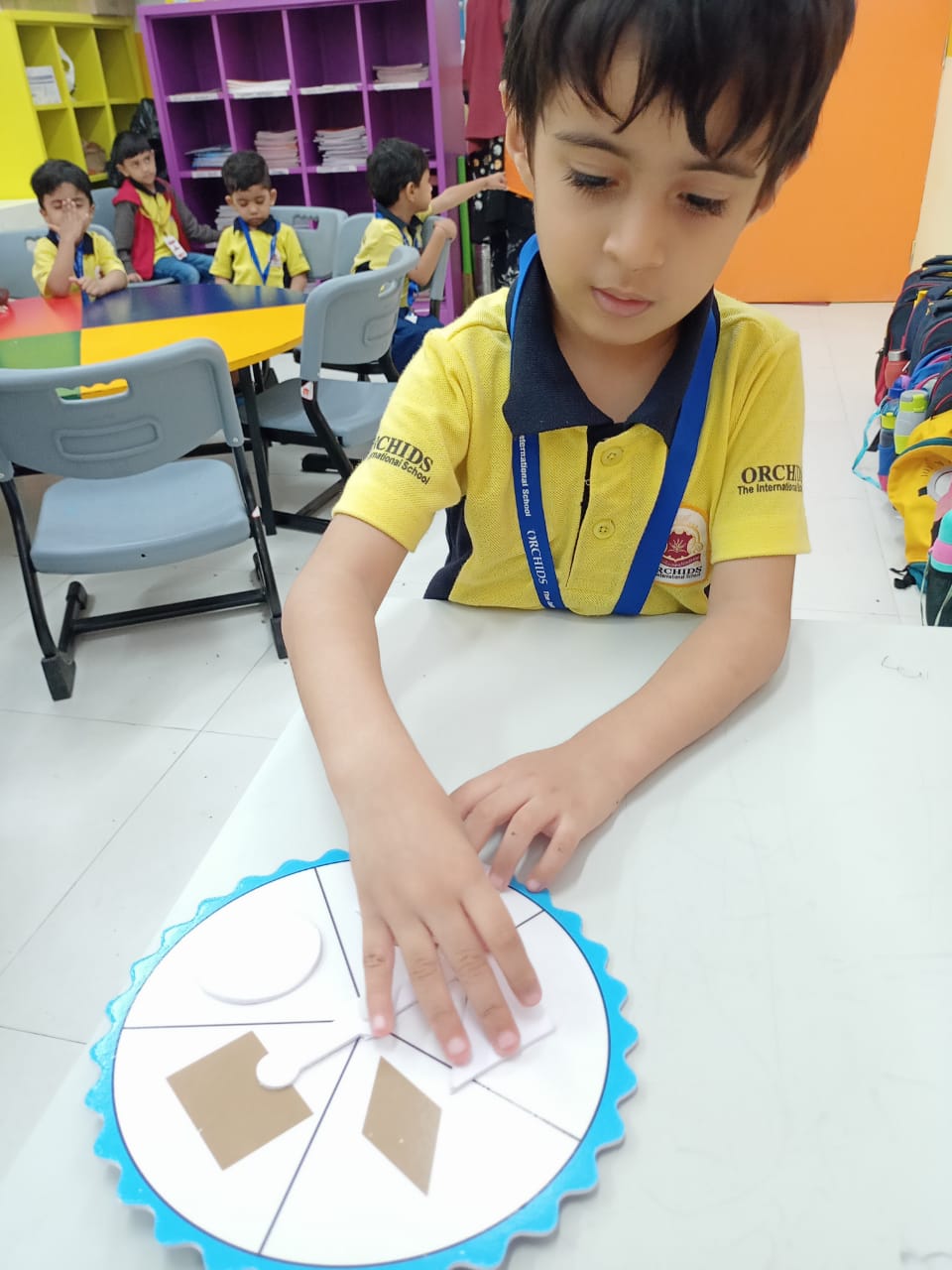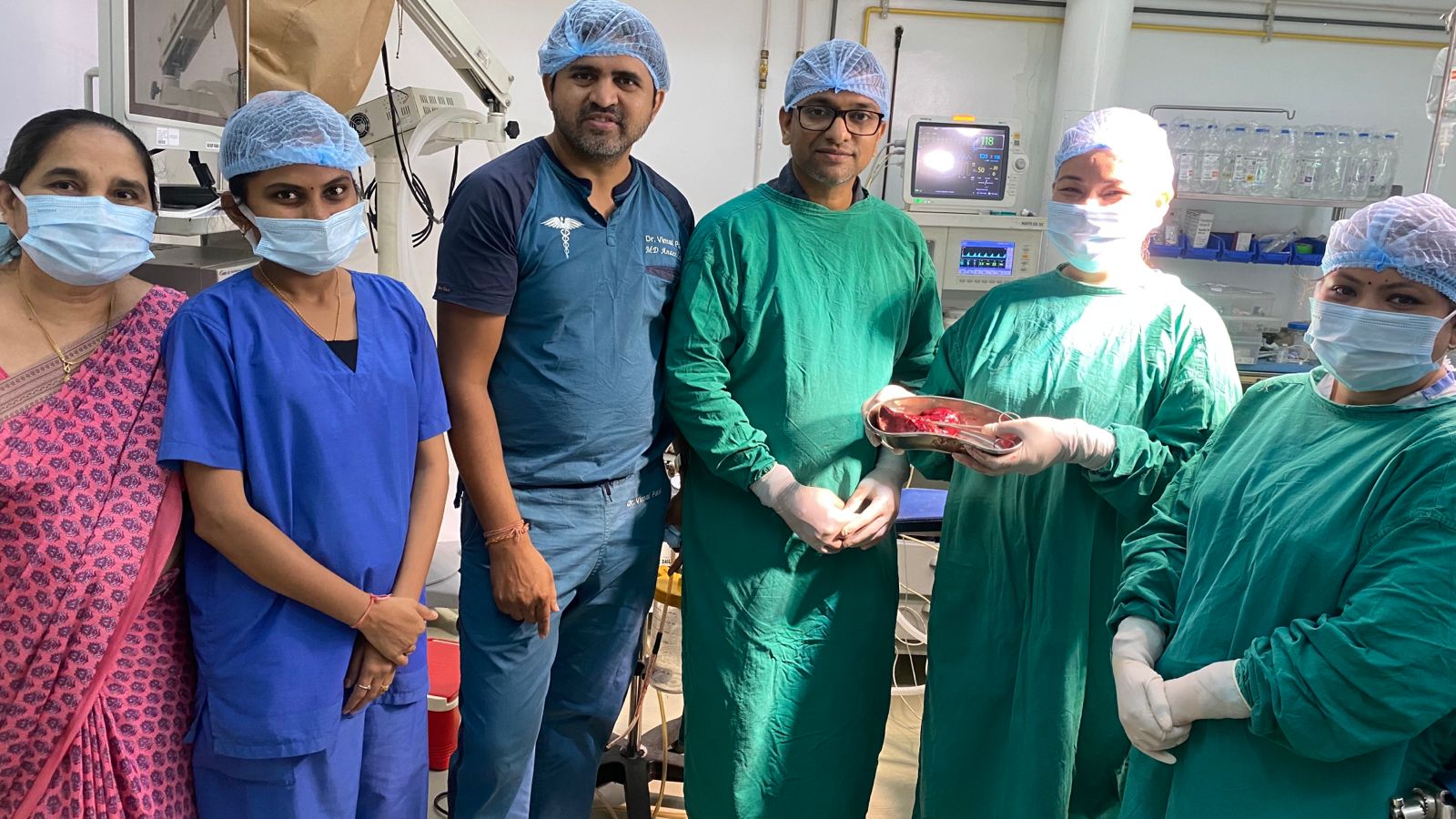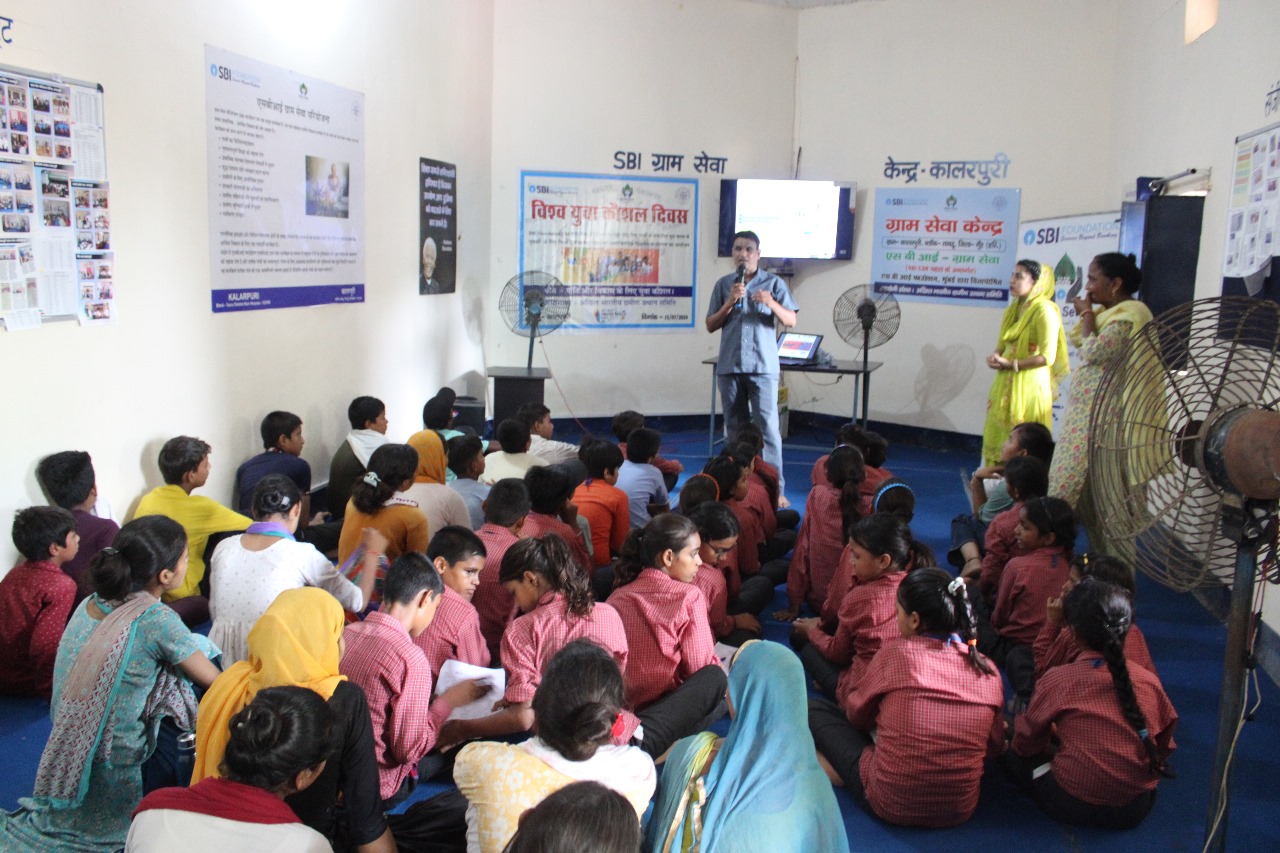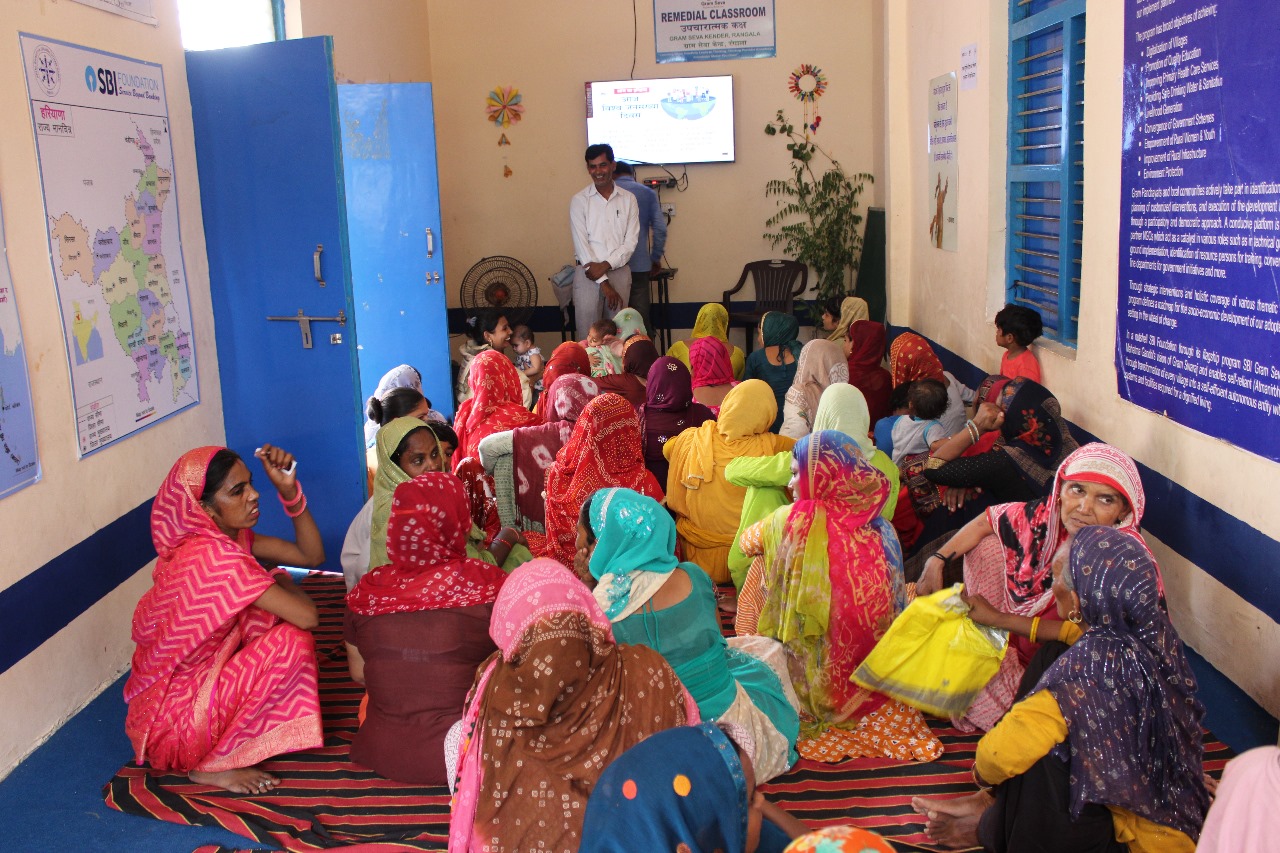Making us Sanguine: Kabeer finds hope in sign language
By ORCHIDS- The International School
September 23, 2022

International Day of Sign Languages is observed on September 23 as a reminder to support andprotect the linguistic identity and cultural diversity of all hearing-impaired people and other signlanguage users across the world. In honor of this day, we present to you the story of a very specialchild - Kabeer Mujawar. A grade 1 (age 4) student from Orchids-The International School, Kharadi,who was diagnosed with Autism Spectrum Disorder (ASD) at the age of 3 and is currently exploringthe world of education through sign language.
At mere 2.5 years of age, Kabeer's parents observed his peculiar behavior: running in circles, beinginterested in objects which have circular motion like fans and wheels, organizing and making patternswith blocks, cubes, spoons, aversion to metallic sounds, cooker whistles, and so on.
After further observing his lack of speech and social skills, his parents consulted a doctor, and sobegan his Occupational Therapy (OT). The OT program is specially designed for people with specialneeds and majorly focuses on learning skills, play skills, and self-care. Unfortunately, the therapy wasdiscontinued due to the pandemic. It was a difficult time for all special kids like him. As catering tohis needs became more complicated with time, Kabeer’s parents decided to enroll him in preschool.Very interestingly, Kabeer was comfortable sitting along with other kids. However, hiscommunication and writing skills were still a matter of concern for his parents and teachers. After thelockdown was lifted, he resumed his OT.
Kabeer is a keen observer. He tries to create objects in collage form using whatever material isavailable. After noticing this, his teachers started using methods that are easily comprehensible forhim such as using Rawa tray, clay and sensory integration techniques on his arms for teaching thealphabet, numbers, etc. Slowly and steadily, Kabeer picked it up and began drawing the alphabet andnumbers using his fingers.
Kabeer’s academic performance and ability to express has skyrocketed by learning sign languages.Remarkably, he has managed to come up with his own special signs to express his feelings. Thoughhe is not very fluent yet, his will and determination deserves to be applauded. Today, he can signanimals and letters using his fingers and has also started communicating by his actions. His parentsand teachers also encourage him to participate in different art competitions in school. It warms ourhearts to see his growth!
Kabeer’s sheer willpower has proven that children like him are equally capable of leading a life withconfidence and respect. Every day that he thrives, we are reminded that neurodiversity must beaccepted, promoted and celebrated in our society. Children like him are redefining “normalcy”, onesign at a time.
© Renalysis Consultants Pvt Ltd



.jpg)





